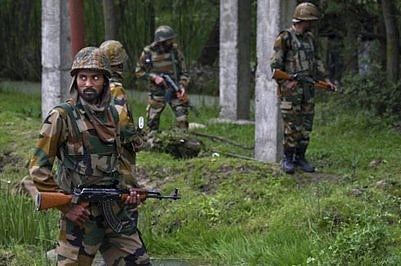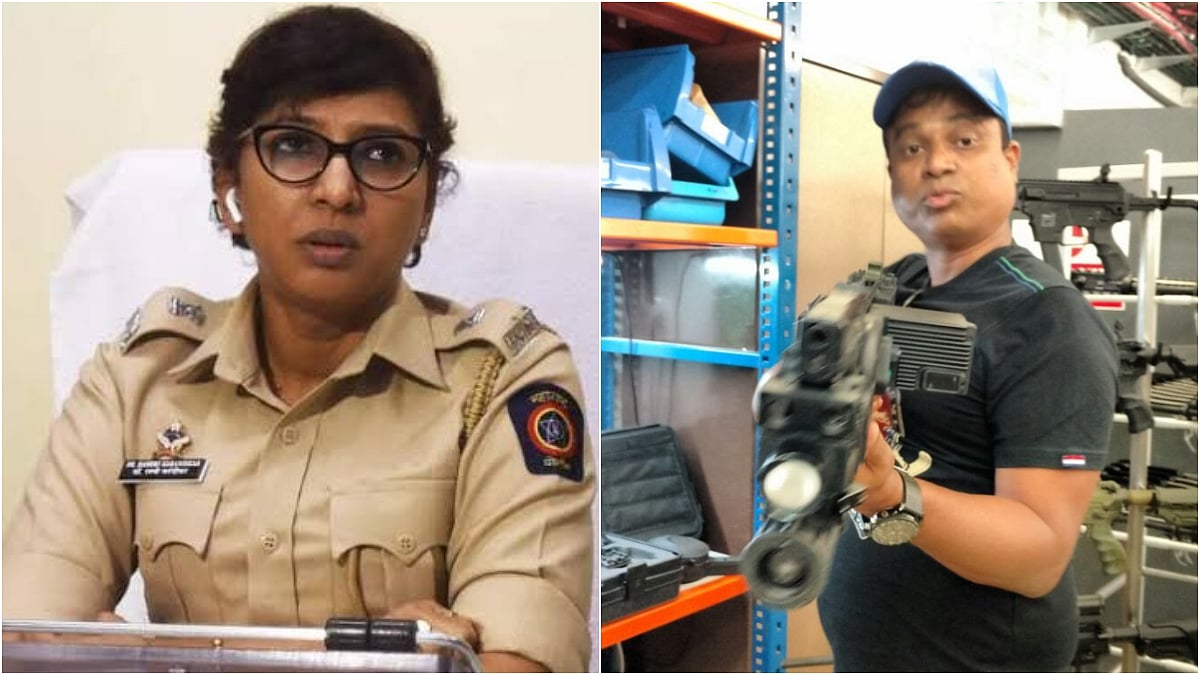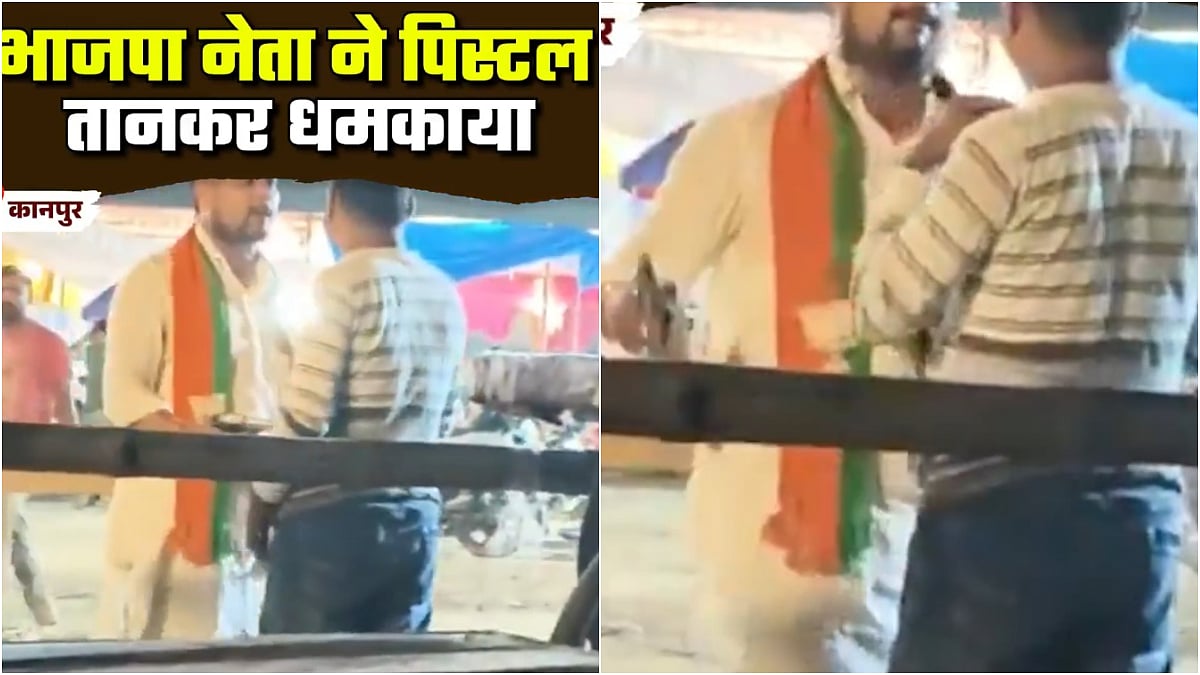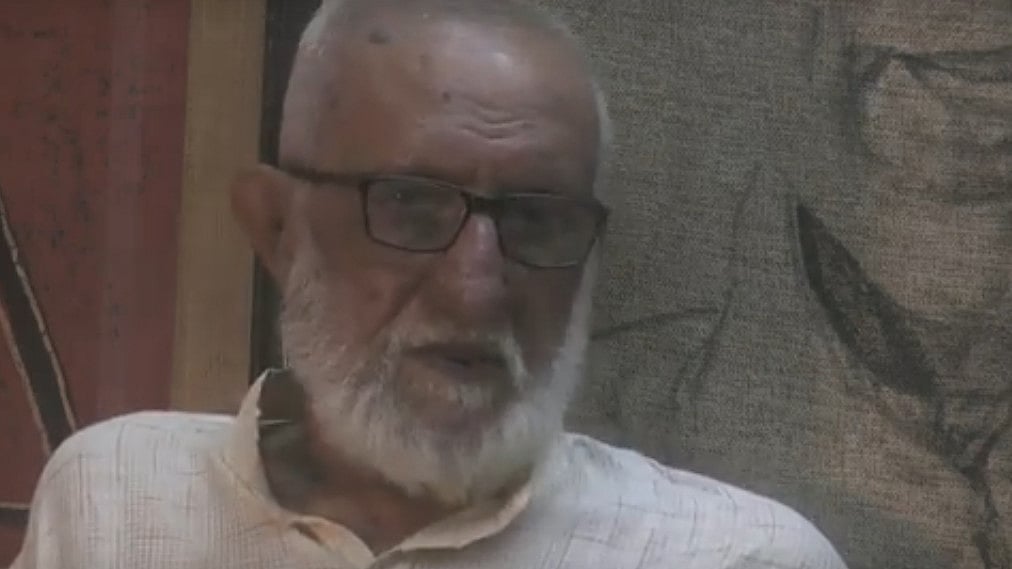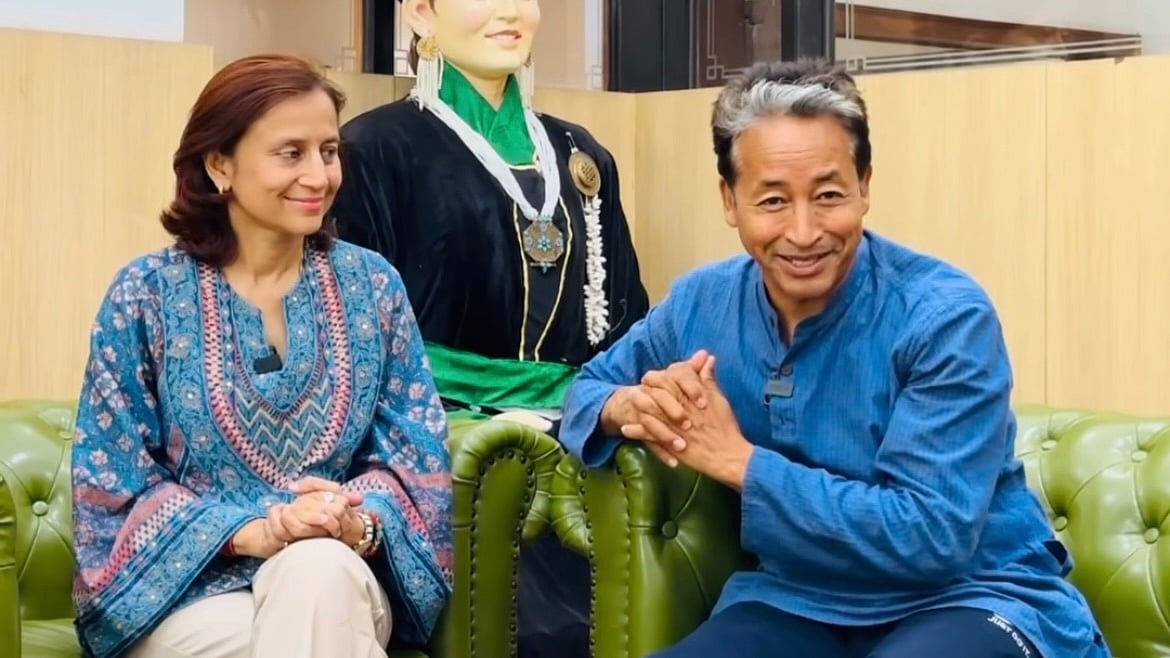THE critical question remains whether India is really going to change the decades-old template of dealing with PoK in a perfunctory manner or if it is going to become pro-active in staking its claim to the occupied territories.
Images of the simmering situation in Pakistan-occupied Kashmir, broadcast recently on Indian TV channels, appear to have started to shake India out of its decades-long slumber over a part of India which is under alien occupation. Besides pro forma references to the parts of Jammu and Kashmir state under Pakistan’s forcible occupation, India hasn’t really agitated strongly or seriously enough over the territory. Despite the unanimous Parliamentary resolution passed in 1994 declaring that the entire territory of the erstwhile princely state of J&K is an inalienable part of India, no attention, forget action, was taken to fulfil the mandate of the resolution. Partly as a result of this, and partly because of the export of terrorism by Pakistan into the parts of Jammu and Kashmir that remained under Indian administration, the entire focus of the international community as well as of India and Pakistan remained fixed on the Indian-administered parts of the state. But now there are indications that this inexplicable neglect of an issue and an area India claims to be its inalienable part might finally be coming to an end.
It isn’t entirely clear when and where the protests, demonstrations and agitations in PoK took place. But it is an undeniable fact that unrest has been brewing in the Pakistan occupied territories for years. Whether the unrest and disenchantment with Pakistan has reached the tipping point cannot be said with any degree of certainty just yet. A big reason for this is the brutal and repressive media clampdown in all those parts under Pakistani occupation where separatist sentiments are starting to boil over.
A reservoir of resentment against Pakistan has been in existence for years in PoK. A lot of the resentment in both Gilgit-Baltistan and “Azad” Kashmir was rooted in the denial of political and constitutional rights. In both AJK and G-B a deputy secretary rank officer from Pakistan Administrative Service is more powerful than the pompously titled President and Prime Minister (in AJK) and Chief Minister (in G-B). But over the years, other factors seem to have also come into play to fuel the protests against Pakistan. These include sectarian violence (particularly in Gilgit-Baltistan), Sunni terrorist outfits running rampant, demographic aggression by non-state subjects who have settled in PoK, increasing encroachment of Chinese in the territory and the consequent marginalisation of indigenous people, and of course the oppressive and heavy handed presence of the Pakistan military.
The glue of religion which bound PoK and Pakistan for nearly seven decades is starting to come unstuck. For long years there weren’t many takers for secular India because of a sustained and malicious propaganda by Pakistan demonising India. But with new channels of information opening out, the anti-India propaganda is getting seriously dented. Of course, a lot will also depend on how India handles its affairs, not just in Kashmir but also in rest of India. Any communal conflagration in India will hardly endear India to the Muslim population of Pakistan-occupied Kashmir.
But the critical question remains whether India is really going to change the decades – old template of dealing with PoK in a perfunctory manner or if it is going to become pro-active in staking its claim to the occupied territories. Although there are signs that suggest that India’s position on PoK may be undergoing a major shift – the protest lodged with China on the use of Pakistan-occupied territory to build the CPEC is an example – sceptics continue to believe that India raked up the PoK issue to pre-empt Pakistan’s plans to raise a stink on the Kashmir issue. But if India is indeed upping the ante, the debate that until now had remained focussed on J&K (as though it is only the area that remains in India whose status has to be settled), will steadily shift its focus on the Pakistan-occupied part of the Indian state.
India will, of course, have to calibrate how it plays this issue so that it doesn’t unleash forces that cannot be controlled. For instance, while India must provide diplomatic, moral and political support to the people of PoK, such support will be counter-productive if it strengthens forces that seek fulfilment of the utopian, impractical, unworkable and unacceptable idea of an independent Kashmir. In other words, while India must raise its voice in defence of the Human Rights of the people of PoK, support must be given to only those who seek to reunify the state under India.
What is more, given the ruthless repression that Pakistani security forces indulge in, it is important to ensure that activists fighting to liberate PoK from Pakistani occupation are not massacred, as is happening in Balochistan. Most of all, India’s PoK policy must not be just a point scoring exercise. If India is getting into the act, then it must be as part of a larger strategic game-plan to complete the ‘unfinished agenda of Partition’. Any half-way measure will only damage India’s cause in PoK.
How serious India is will depend on what measures it takes in the coming months. If India’s interest in PoK remains limited to issuing statements, then chances are that it won’t get much traction. But if India starts taking more substantial steps to show seriousness of purpose, including the use of its political, diplomatic and economic clout, then it will be another matter altogether. For instance, if India was to put in place measures to blacklist any company that engages in any strategic project – CPEC for example – in PoK, it would send a very strong message and signal not just to the people of PoK but also to Pakistan and rest of the international community of India’s intentions. Steps like these and not the pro forma statements or even the occasional media campaigns will shake up things up in an area that India has always claimed but never acted to acquire.
The author is Senior Fellow, Vivekananda International Foundation.
